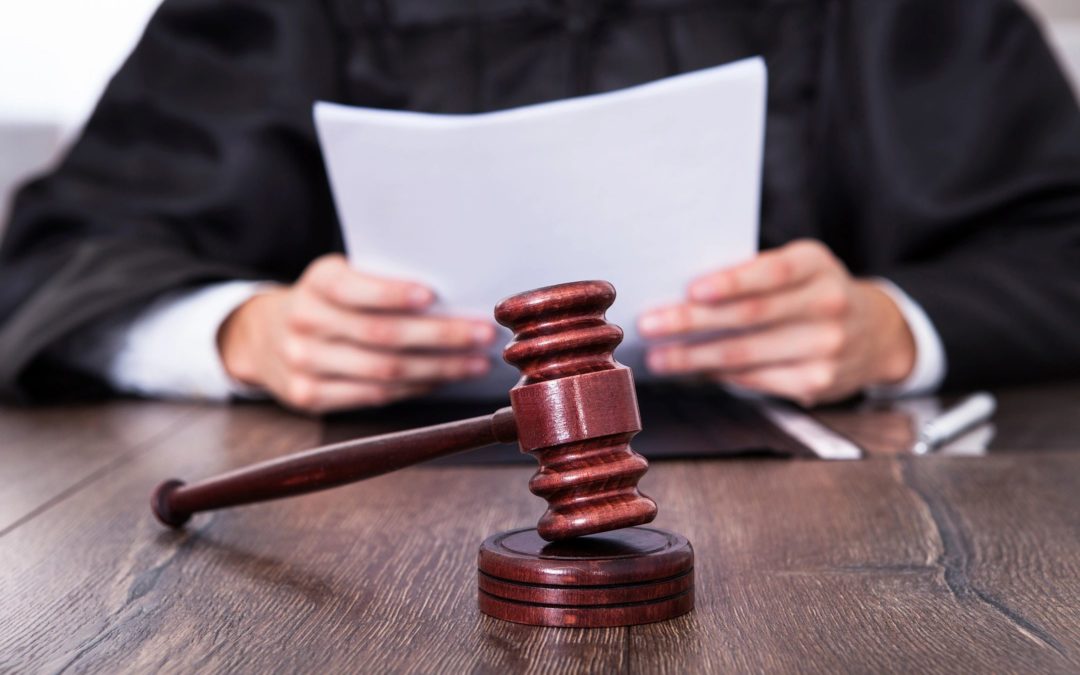
by Matthew Johnson | Apr 3, 2019 | PTAB Trial Basics, Trial Institution
By Levent Herguner and Matt Johnson In a recent decision, the PTAB exercised its discretion under 35 U.S.C. § 314(a) to deny inter partes review of Perfect Company’s (“Patent Owner”) patent. Adaptics Ltd. v. Perfect Co., IPR2018-01596 (March 6, 2019). A panel of...

by Matthew Johnson | Apr 1, 2019 | PTAB Trial Basics
By Kenny Luchesi In a recent decision that the PTAB designated as precedential, the Board denied a patent owner’s request to provide live testimony from the inventor of the challenged patent at the oral hearing. In DePuy Synthes Products, Inc. v. MedIdeam LLC, Case...

by Matthew Johnson | Mar 29, 2019 | PTAB Trial Basics
By Sue Gerber and Matt Johnson Generally, the PTAB does not allow live testimony at oral argument, but recently it designated one of its 2014 decisions as precedential to give guidance as to when the Board will allow live testimony at oral argument. K-40 Electronics,...

by Matthew Johnson | Feb 11, 2019 | Amendment Practice, Claim Construction, PTAB Trial Basics
Patent Trial and Appeal Board, or PTAB, defense litigation strategies continue to evolve. In a recent Law360 article, Jones Day Intellectual Property lawyers Dave Cochran, Mike Hendershot, and Matt Johnson explained why previous assumptions and strategies pertaining...

by David Cochran | Feb 4, 2019 | Federal Circuit, PTAB Trial Basics
By Kait Crowder and Dave Cochran In Polygroup Limited MCO v. Willis Electric Company, Ltd., the Federal Circuit reversed and remanded the PTAB’s findings of patentability in light of several obviousness arguments presented by the petitioner, concluding that the PTAB...

by David Cochran | Jan 31, 2019 | PTAB Trial Basics, Trial Institution
By Kait Crowder and Dave Cochran In Deeper, UAB v. Vexilar, Inc., the PTAB recently considered the extent of its discretion to grant or deny inter partes review in a case where a petitioner challenges multiple claims on numerous grounds. In this case, the petitioner...







